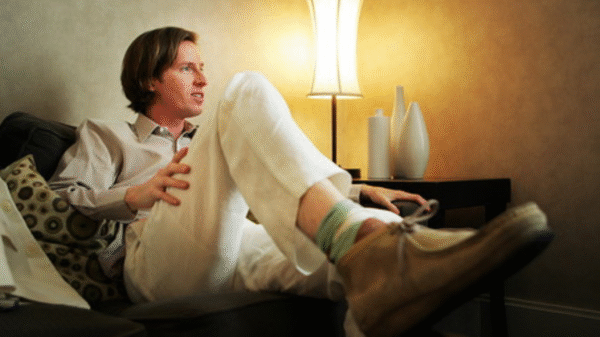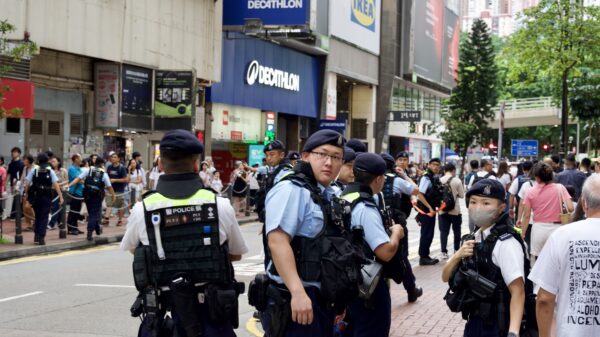Staff writer Lily Powell looks at how the death of a student in Exeter is shaping the future for university mental health systems and the status of Harry’s Law.
Harry Armstrong Evans, 21, took his own life at his family home after suffering a mental health crisis during his degree and failing his final-year exams in physics and astrophysics at the University of Exeter. His parents have called for new legislation to require universities to publish the number of students who commit suicide at their institution and the faculty in which they studied. The proposed ‘Harry’s Law’ will demand that universities produce annual suicide rates at their institution and the Department for Education would be given the power to investigate and place universities under special measures where the suicide rate exceeds that of the national average. It hasn’t yet been revealed what these special measures will entail. The legislation will make mental health awareness and suicide prevention training mandatory for personal and academic tutors and attendance at these sessions will be required to be recorded.
Harry sent a “cry for help” in an email to his pastoral tutor at the university where he wrote that the fact he had “no human contact… in isolation in [his] virtually empty hall of residence” was having an “adverse effect on [his] mental health.” The only response he received from the university was via email. His older brother was so concerned about his wellbeing he called the university accommodation and got a janitor to check if Harry was still alive. It was queried whether the university’s wellbeing team’s management system was “fit for purpose” when it was discovered that two phone call logs by Harry’s mother about her concerns for his welfare had been accidentally deleted in May 2021 due to IT issues. Coroner Mr Davies reported that “the safety net did not operate to safeguard Harry… specifically, there was no engagement with Harry’s family”.
Time to do better
In 2022 the Office for National Statistics found that the suicide rate for male students in higher education was 5.6 per 100,000. It identified social alienation and isolation in students, like that which Harry struggled with, as the primary factors that contributed to this statistic.
The Russell Group university which Harry attended claimed that they did not think Harry’s email merited red flags or were “exceptional”. Additionally, they felt his family’s concerns did not require further investigation. The welfare team at Exeter thought it would be “intrusive” if they tried to contact him directly and had not spotted the warning signs since they had no formal guidance or training on suicide prevention. Harry’s Law hopes to provide family’s of students attending higher educational institutions a wider picture of the respective university’s safeguarding policies and inform them of the wellbeing systems in place to support students. Harry’s mother Alice said that had she “known a young man had killed himself on Harry’s course” she would “have decided Exeter and that course might not have been right”. Harry’s Law has the potential to significantly change the higher education landscape, particularly since 59% of universities in the UK do not record student suicides.
Safeguarding obligations
Higher Education Statistics Authority data identified 64 students who had taken their own lives in the academic year ending 2020. Universities across the UK have told students to “get in touch with loved ones” if they have concerns about their mental wellbeing and have been recommended to register a “trusted contact” when they start university.
Unfortunately, Harry Evans’ case is not the first story of a student taking their own life during their undergraduate education to reach the media. Theo Brennan-Hulme, 21, was found dead in his university room at the University of East Anglia in 2019. Mr Brennan-Hulme had Asperger’s syndrome, a history of self-harm and suicidal thoughts and suffered from anxiety attacks. He reached out to the university’s wellbeing service and his academic adviser in 2018 and was referred to the NHS mental health service where appointments were cancelled due to staff shortages. Theo’s body was found when university staff broke in and found him dead in his bathroom. He had given the university permission to contact his mother or his friends if they had any concerns as was their safeguarding policy, but the university did neither.
For too long universities have had little to no responsibility for the mental wellbeing of vulnerable students in their care. The campaigns for the introduction of Harry’s Law will force the government to take action against an institutional tendency to turn a “blind eye to deaths of sons and daughters in their care”. It aims to prevent future deaths by ensuring that wellbeing services are fit to address the mental health crisis amongst students.


















